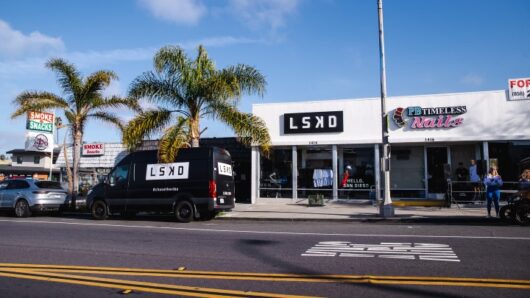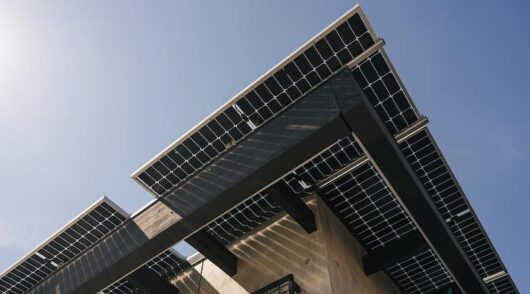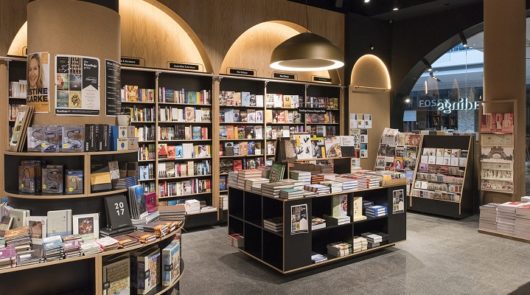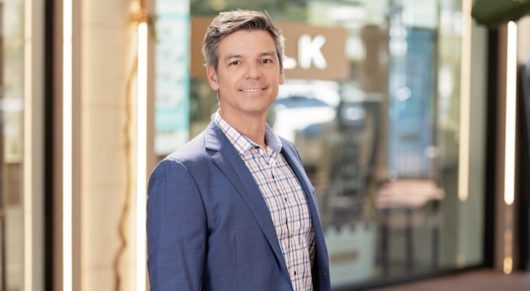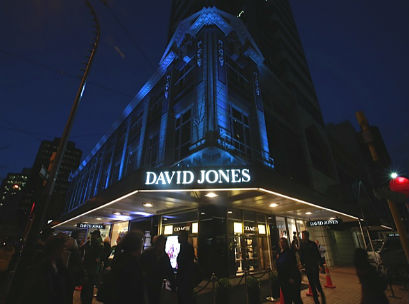 Department store group David Jones sales grew four per cent during the six months to December 25.
Department store group David Jones sales grew four per cent during the six months to December 25.
The retailer’s comparable sales, which strips out new store openings, rose 0.5 per cent while profit before tax increased 2.9 per cent to $105 million, the group’s South African parent company Woolworths Holdings said.
Woolworths, which is not related to the Australian supermarket giant, also owns the Country Road Group that houses the Country Road, Trenery, Witchery and Mimco brands.
The Country Road Group’s sales were down 0.9 per cent partly due to intense discounting in the market, Woolworths said.
It also said David Jones and Country Road Group’s sales were impacted by the timing of the Boxing Day sale, which falls into the second half of this financial year.
The demise of Dick Smith electronics chain, which had concession stores at David Jones, also impacted the department store group.
In a review of the trading period, Ian Moir, CEO of Woolworths Holdings, said political uncertainty, low growth in disposable income, high inflation and a softening labour market had made 2016 a tough year.
Moir said 2016 had been a “significant year of change” for David Jones, with gross profit margin up 0.8 per cent and operating margin maintained at 8.5 per cent.
The South African group introduced WSA brands and re-launched David Jones private label, installing over 100 pads, and said after a “poor initial execution” improvements were being implemented, citing RE as now being the largest denim brand in David Jones.
The retail group said it wants the private label contribution to increase from 24 per cent to 70 per cent by 2020 – and reduce the number of brands in its merchandising mix from 76 per cent to 30 per cent.
On David Jones’ food business, Moir said the introduction of three different formats and strategic partnerships including Neil Perry and Inspired Food (In2Food), worth a capital outlay of A$75m – A$100m over next 3 years would achieve profitability by FY2019.
The sale of the Market Street building for A$360m in Sydney’s CBD, will see approximately A$170m of the proceeds to be invested (FY2017: 10 per cent; FY2018: 60 per cent; FY2019: 30 per cent) towards creating “a world-class department store” with a new store design to incorporate better space utilisation, a fine dining restaurant by Neil Perry, new concept food market , enhanced theatre, experiences and services.
Moir said modest GDP growth and an expected improvement in consumer confidence plus aggressive promotional activity will fuel growth for the group in the second half, with each market expected to be in line with growth in the first half.
Access exclusive analysis, locked news and reports with Inside Retail Weekly. Subscribe today and get our premium print publication delivered to your door every week.

